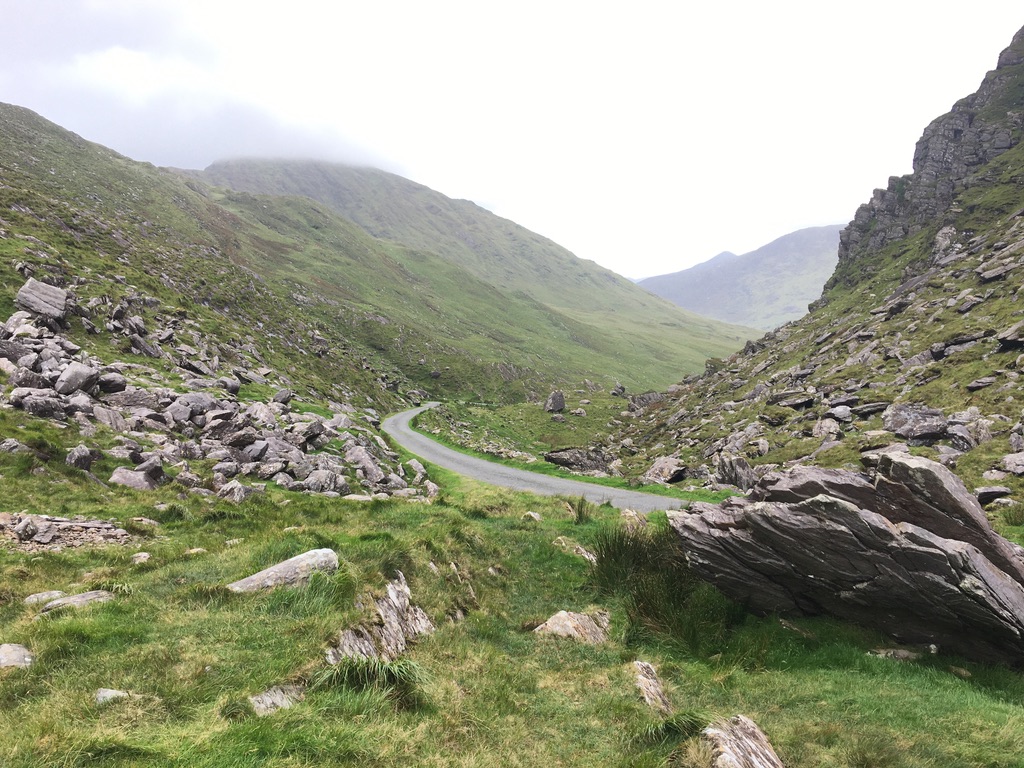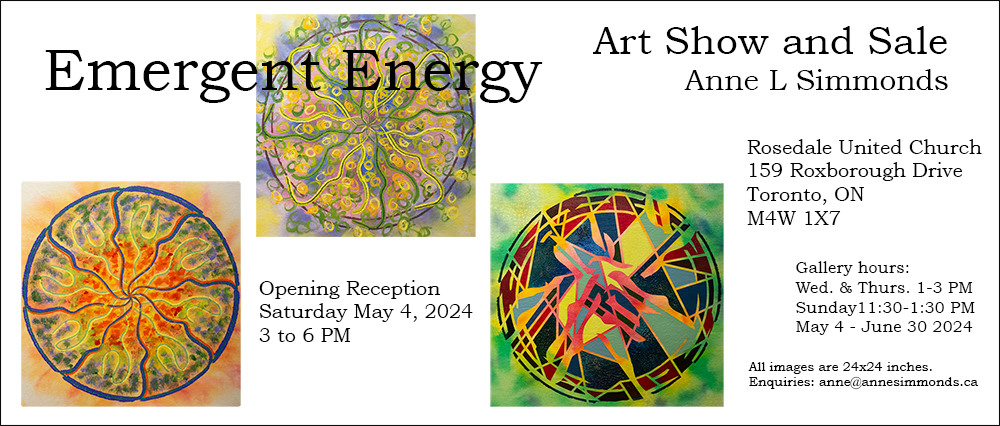 My mother leaned into me as we sat together, for what would be the last time, on the edge of her bed.
My mother leaned into me as we sat together, for what would be the last time, on the edge of her bed.
“How long will this take? She asked.
“Just give over to it” I responded.
Three days earlier we had been to the periodontist for a follow-up treatment for severe, persistent, and painful, gum disease. At the age of 96, my mother was in reasonable health and working on her third heart pacemaker. Only in the last month had she used a walker for support outside her condo. The periodontist took one look in her mouth and sent her across the hall to the dental surgeon, whom she had seen before. I was beside him when he looked in her mouth. Surprised and unthinking I asked:
“Is that a tumour?”
“Yes” he responded. “You need go directly to Sunnybrook Hospital. She needs immediate surgery.”
Stunned, we left his office. Back in the car, as we headed in the direction of both Sunnybrook and home, my mother said:
“I’m not having surgery. We are going home.”
Once there, we called her family doctor. She agreed palliative home care was in order. Mother was in pain and in her words “ready to go.”
Over the course of the next few days, family members took turns coming to say good-bye. She happily learned of a new great-grandchild she would never see. She died peacefully her own bed five days after the visit to the periodontist.
While I was not present at the moment of either of my parents’ deaths, I realize now what a gift it was to help care for them in their final years, months, and days. My father had died thirteen years earlier after a long decline with dementia.
My father had his first ‘mini’ stoke at age 81. It would take several years and further deterioration until he needed significant assistance and supervision. When my mother started to show signs of exhaustion from looking after him on her own, I determined to spend more time with my father. As he became more vulnerable, our roles reversed. I was offering care as he became more dependent and child-like.
The ‘head’ knowledge, that tells us that we are all part of the life-cycle that includes birth, growth, decline and death, became ‘heart’ knowledge. Numerous times as a nurse, chaplain, or congregational minister, I had offered pastoral care to individuals and families in similar circumstances; this was different. There is a time when we need to care for others, and a time when we need to graciously allow others to care for us. Will I be accepting of help when my turn comes?
My relationship with my father began to heal. I began to say “I love you.” He responded in kind. This was a new precious exchange from our hearts. I have read that as one looses their cognitive function, the feeling function becomes more acute. My father had been of the “stiff upper lip,” “spare the rod, spoil the child,” British heritage. In a tender moment, early in his decline, he acknowledged his regret at not showing his children more of the love he felt for us when we were young.
Some of my most significant moments with my dad happened in his final year. He was very limited mentally. All memory was almost gone. He often did not know his children, and confused me with my mother. He did not know where he was and needed full assistance with daily living. I took him weekly to a worship service at a local nursing home. Even when it appeared he had no idea where he was and had his eyes closed, he would sing the hymns from memory. This part of his life, which had been so meaningful and important, seemed to still nourish him and just watching him sing, nurtured me.
Four days before my father died, I preached on the lectionary text (Genesis 32:22-32) where Jacob is alone at night when a seeming adversary comes and wrestles with him in the darkness. That it occurs “in the darkness” is of great significance. It must have taken great strength and courage for Jacob to wrestle with this unknown nightmarish adversary throughout that long night – this was no ordinary mortal. At daybreak when his adversary wanted to break off the struggle, Jacob, not wanting to have gone through this agony for nothing, refused to let go until he found out what it meant – “I will not let you go unless you bless me.” Jacob’s adversary, who seems to have been God, tells Jacob that he has a new name: Israel, which means, “a wrestler with God.”
My father’s growing dementia over the last years had been like an adversary in the dark. This Biblical story suggests to me that we can wrestle with the most disturbing things in life until they become a blessing. For me, it was important, like Jacob, to wrestle this difficult situation to a blessing. This is not to glamorize the struggle, but to engage it and to accept that in some way his dementia and declining health, were in some way for me an invitation to glimpse the divine presence.
A few days before he died, my dad who was barely responsive reached out both arms for my mother and said: “I Love you, I have always loved you.” Not only could I hear those words from my father as if spoken to me, I believe they are the words that our Creator speaks to each of us when we have ears to hear. They are the words that with grace, time, and humility, we hear after the long dark night.
Three nights after the funeral, I dreamt I was back in hospital with my dad, only the funeral was over. I put my face close to his and it was the face of my vibrant healthy father. He then got up and walked tall and healthy. It ended with him lying down and resting. I woke feeling an immense peace. I will always treasure the gifts and blessings that my father offered me in his decline and dying. I think now that the deaths of our parents serve as a passage into full adulthood.
Former CBC journalist Roy Bonnisteel of said this: “I have elderly people say they don’t want to be a burden to their family. I say: Be a burden to your family; we were put on this earth to be a burden to one another.” Maybe this is our final ‘rite of passage,’ to graciously accept the care we need, and to allow our adult children, if we are lucky enough to have them, the “right” to their learning through our passing.
 I have a ‘first world privilege’ problem: I live in a very comfortable three-story town-house in a city on a lane-way behind shops that face a busy shopping street. As I parked my bike when I saw the open-house sign 12 years ago, I said to myself “who would live in a laneway?” That thought was overshadowed by the actual space and the fact that on the main living level, two balconies, front and back, each looked out on trees. For years, I felt I was living in a tree house. It fed my soul.
I have a ‘first world privilege’ problem: I live in a very comfortable three-story town-house in a city on a lane-way behind shops that face a busy shopping street. As I parked my bike when I saw the open-house sign 12 years ago, I said to myself “who would live in a laneway?” That thought was overshadowed by the actual space and the fact that on the main living level, two balconies, front and back, each looked out on trees. For years, I felt I was living in a tree house. It fed my soul.

 My mother leaned into me as we sat together, for what would be the last time, on the edge of her bed.
My mother leaned into me as we sat together, for what would be the last time, on the edge of her bed.